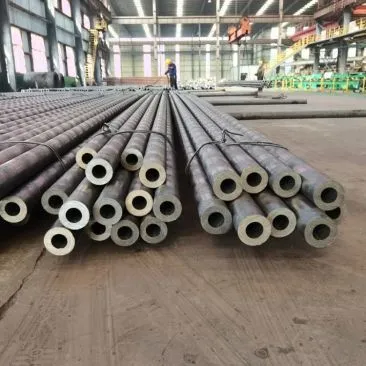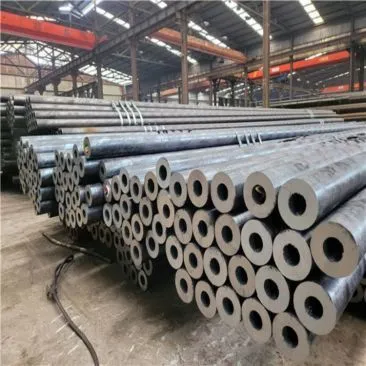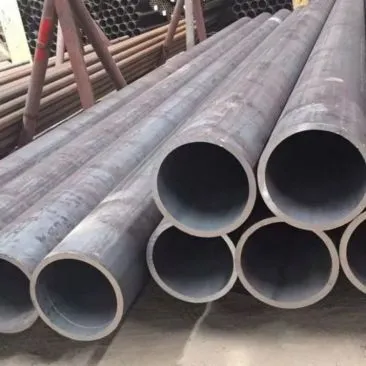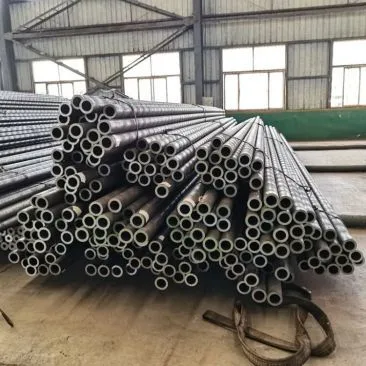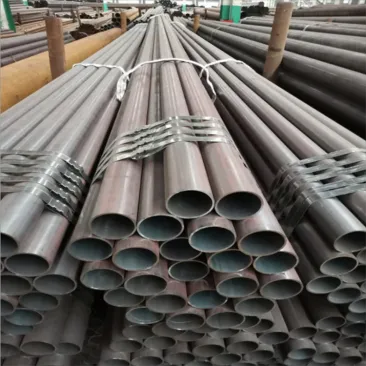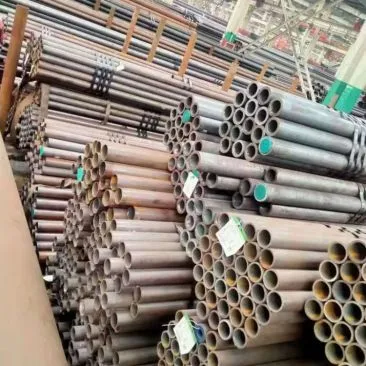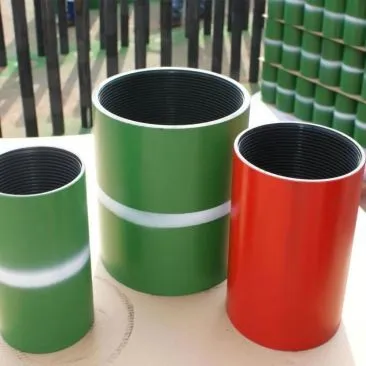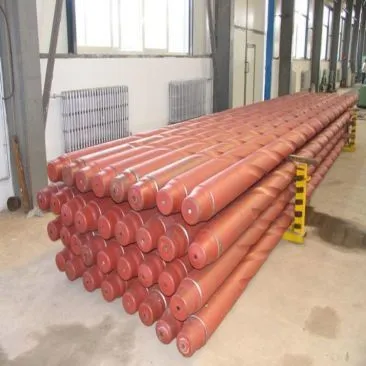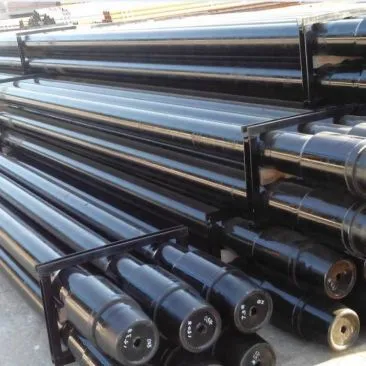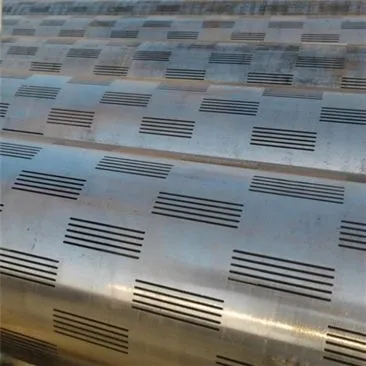Application: It is suitable for stress and pressure parts, as well as steam, water, gas and air pipelines for general purposes. A53 pipeline pipe belongs to American petroleum standard pipeline pipe. Pipeline pipe is used to transport oil, steam and water pumped out of the ground to oil and natural gas industrial enterprises through pipeline pipe. Pipeline pipe includes seamless pipe and welded steel pipe, with flat end, threaded end and socket end at the pipe end; The connection methods are end welding, coupling connection, socket connection, etc.
Performance and application of material ST37: the material has good performance, that is, through cold rolling, it can obtain cold rolled strip and steel plate with thinner thickness and higher precision, with high straightness, high surface finish, clean and bright surface of cold rolled plate in Taiwan Strait, easy to be coated, various varieties, wide application, high stamping performance, non aging, and low yield point.
A192 carbon steel pipe Application: It is applicable to seamless carbon steel boiler tubes with minimum wall thickness for high pressure and steel tubes for superheaters.
A283 carbon steel pipe is widely used in buildings and engineering structures. It is used for making steel bars or building workshop frames, high-voltage transmission towers, bridges, vehicles, boilers, containers, ships, etc., and is also widely used as mechanical parts with low performance requirements.
The tensile strength of ST42 Carbon Steel Pipe shall not be less than 42kgf/mm2, which is 420MPa.ST42 Carbon Steel Pipe is a German standard seamless steel pipe, which is widely used. German standard seamless steel pipes for general purposes are rolled from ordinary carbon structural steel, low alloy structural steel or alloy structural steel, with the largest output, and are mainly used as pipes or structural parts for fluid transportation .
A179 Purpose: It is applicable to steel pipes for tubular heat exchangers, condensers and similar heat transfer equipment. The chemical composition of the steel is as follows: Carbon: 0.06%~0.18%, Manganese: 0.27%~0.63%, Phosphorus: 0.035%, Sulfur: MAX 0.035%.
Product:Casing and Tubing Coupling, Casing Coupling, Tubing CouplingApplication:Used for connect 2 joints of tubing or casingSize:Tubing Coupling : 1.9'' - 4-1/2''Casing Couping : 4-1/2'' - 13-3/8''Pipe Standard: API 5CT and 5B PSL1/PSL2 J55,K55,N80-1,N80-Q,API 5CT and 5B L80-1,C90, C95,T95, P110, Q125Surface:Whole Phosphating or inside phosphating and outside coatingThread:NUE, EUE, STC, LTC, BTC etc
Product: Drill CollarStandard:API SPEC 7-1Steel grade:AISI 4145HSizes:3 1/8" -- 11"Connected Type:NC, IF, REG
Application: Used for Mine, water well drilling, well drilling, coal and fore polingSize:OD: 60.32mm-168.28mm,WT: 6.45-12.7mm,LENGTH: R1, R2, R3Pipe Standard:API 5DP E75, X95, G105, S135Upset Style:IU, EU, IEUConnection:NC26 - NC50, 5 1/2FH, 6 5/8FHInternal coating:TK34,TC2000, Arnco 100XT, 200XT, 300XT
Application: Used as Walls Structural Retainers and Screen Pipes for Oil, Gas and Water WellsSpecification: OD: 50mm - 500mm;WT: less than 20mm;LENGTH: less than 15mSlot&Holes Specification: as customer requireStandard & Grade: API , API5CT J55/K55/N80/C75/L80/C90/T95/Q125Process Type: Seamless (SMLS), Electric Resistance Welded (ERW)End: Plain, Beveled, Square Cut, With LTC/STC/BTC ConnectionSurface: Anti-corrosion&water PaintingPacking: Protection Caps in Both Ends, Waterproof Paper Wrapped



